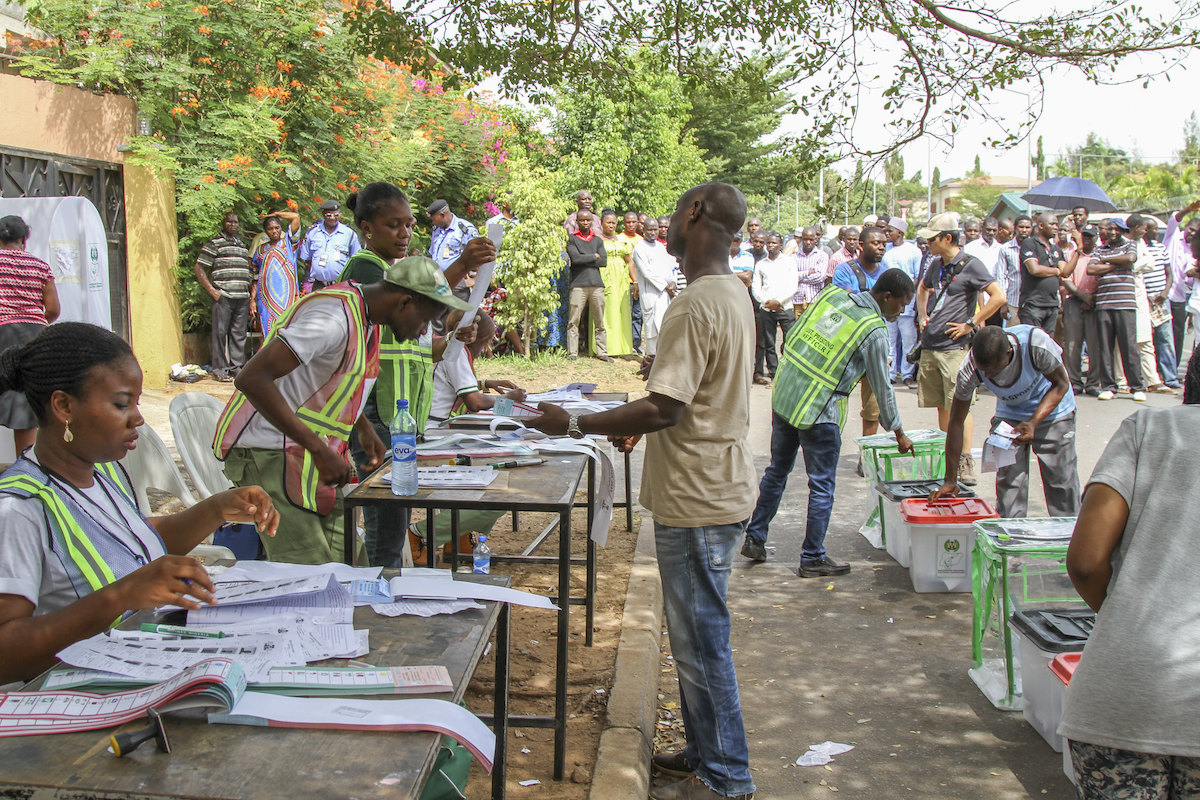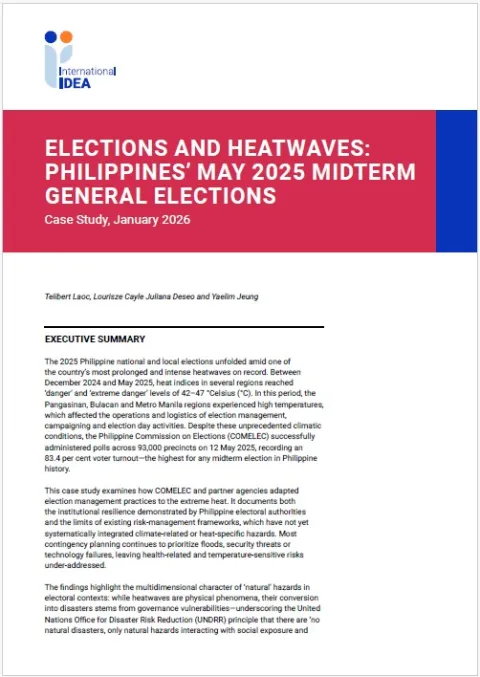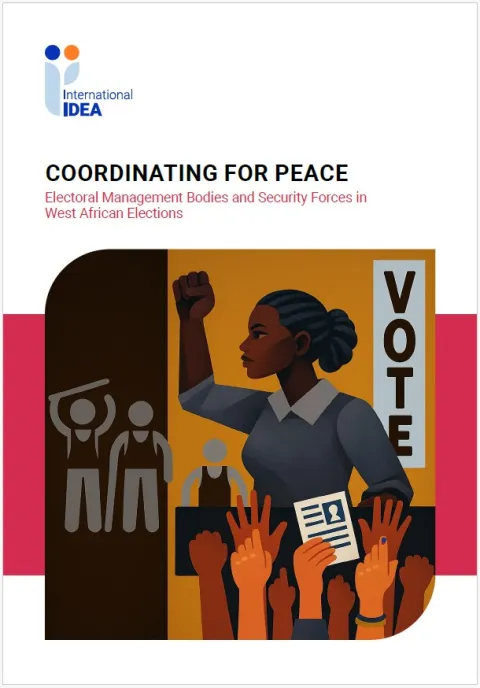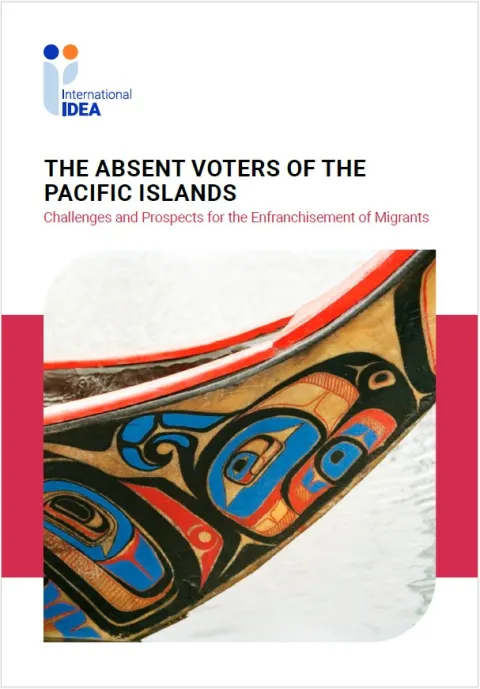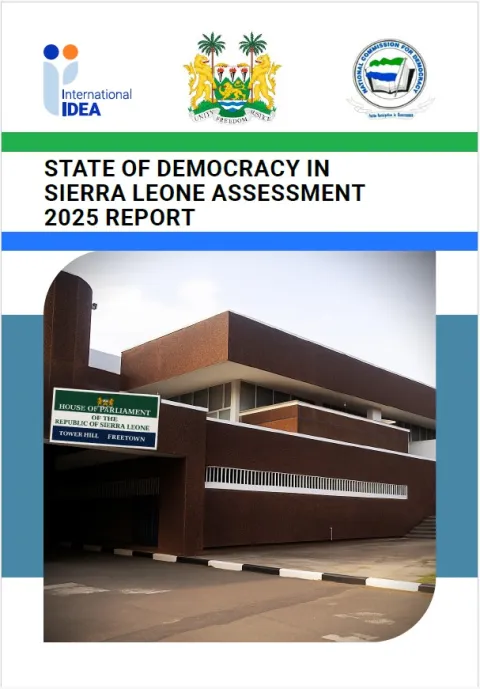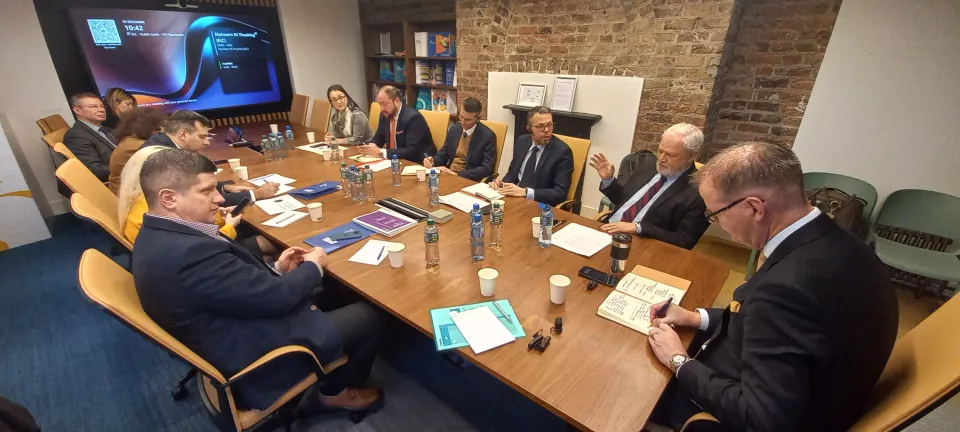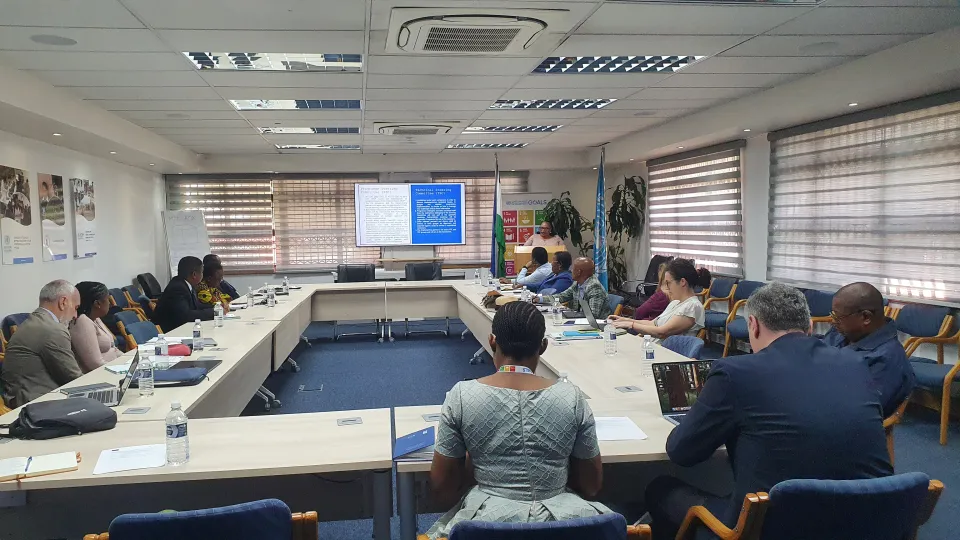Electoral Management Design: The International IDEA Handbook (2006)
Building trust and professionalism in the management of electoral processes remains a major challenge for electoral management bodies (EMBs), institutions and/or bodies responsible for managing elections.
The ‘credibility gap’—the diminished public confidence in the integrity and diligence for many electoral institutions and their activities—is a common problem for EMBs around the world.
Many EMBs face basic design questions as they seek to work better: how should EMBs be structured to ensure that they can act independently? How do EMBs relate to stakeholders such as the media, political parties and donors? How can EMBs evaluate their performance and use experience to build sustainable elections?
This Handbook is written for electoral administrators, electoral administration designers and other practitioners involved in building professional, sustainable and cost-effective electoral administrations which can deliver legitimate and credible free and fair elections.
In 2014, International IDEA published a revised edition of this Handbook, featuring updated information and data.
Details
Related databases & tools
Contents
Foreword
Preface
Acronyms and Abbreviations
Chapter 1. Who Organizes Elections?
Chapter 2. The Legal Framework: The Context for an EMB’s Role and Powers
Chapter 3. The Powers, Functions and Responsibilities of an EMB
Chapter 4. The Composition, Roles and Functioning of an EMB
Chapter 5. Planning and Implementing EMB Activities
Chapter 6. The Development of Professional Electoral Management
Chapter 7. The Financing of EMBs
Chapter 8. Stakeholder Relationships
Chapter 9. Assessing EMB Performance
Chapter 10. The Sustainability of EMBs
Chapter 11. EMB Networks
Chapter 12. Reforming Electoral Processes
Give us feedback
Do you have a question or feedback about this publication? Leave us your feedback, and we’ll get back to you
Send feedbackElectoral Management Design: The International IDEA Handbook (2006)
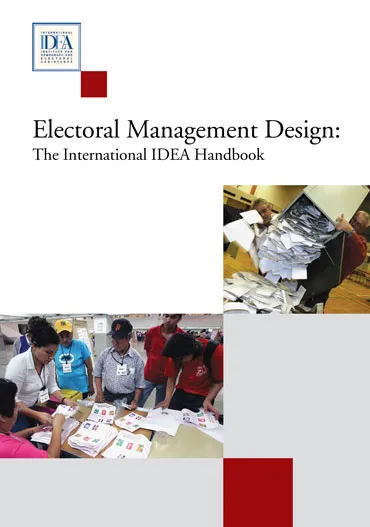
| Total views | 11978 |
|---|---|
| Downloads | 0 |
| Rating |
Related databases & tools
Give us feedback
Do you have a question or feedback about this publication? Leave us your feedback, and we’ll get back to you
Send feedback